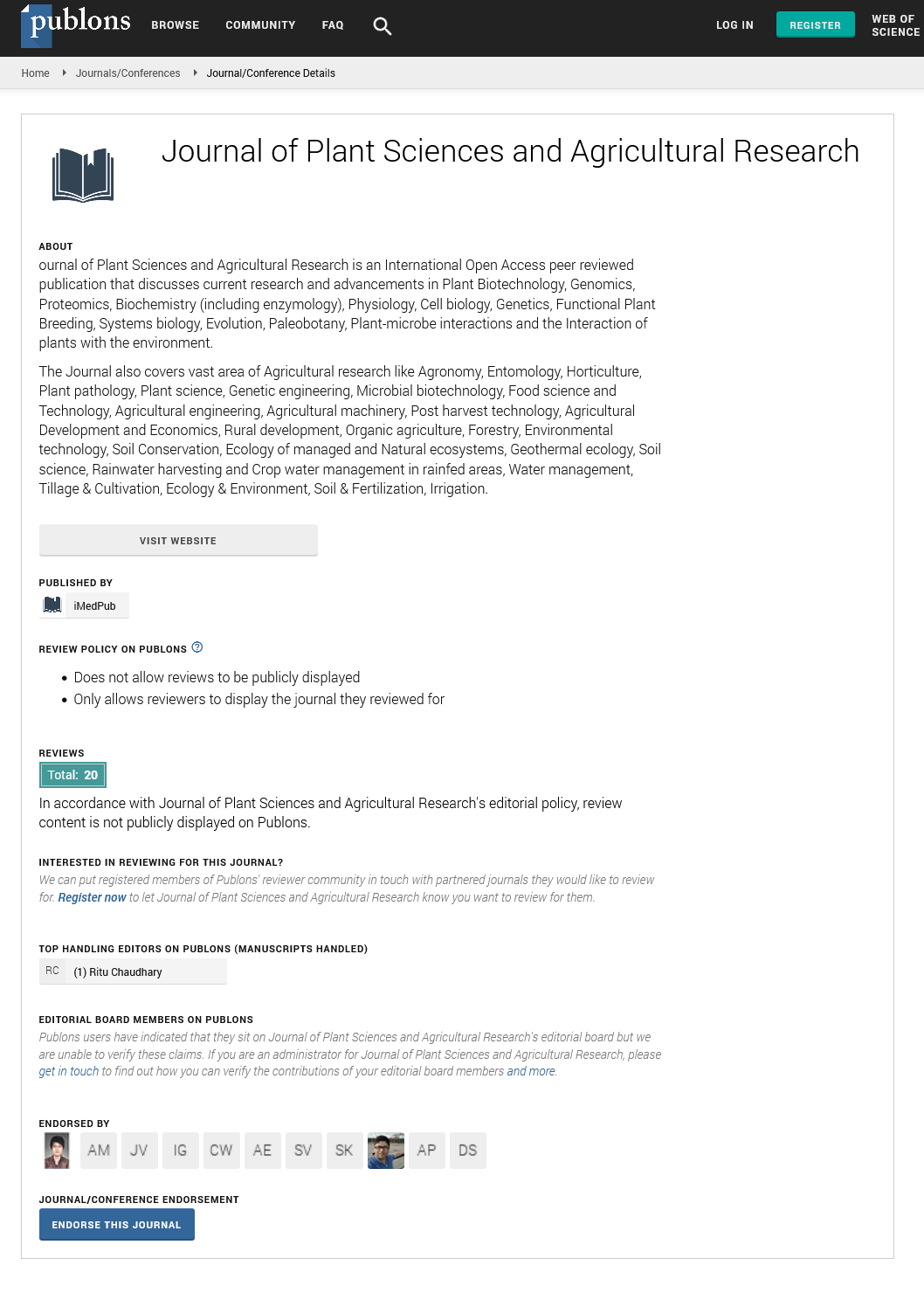Abstract
Field Performance of Cocoa Somaclones Derived from Somatic Embryogenesis
The dissemination of elite cocoa varieties obtained by somatic embryogenesis is strongly recommended to address the high demand for elite planting material. The acceptance of these types of planting materials by farmers is a major concern for plant Scientists, growers and policies maker. The behaviour and agronomic performances of material produced by somatic embryogenesis were determined by parameters such as plant vigor, yield, and resistance to black pod disease. The material was assessed during five years on farms at Divo and Zambakro, two different locations in Côte d’Ivoire, the leading cocoa-producing country in the world. This study revealed that trees of the same clone produced by somatic embryogenesis techniques have a little morpho-agronomic heterogeneity in the fields, as suggested by the geographical position of these trees in the plots. In this study, we demonstrate that trees from somatic embryogenesis have kinetics of growth and pods production similar to trees from other methods of cocoa plant production as seeds usually used in this country. The level of pod resistance to Phytophthora on trees obtained from somatic embryogenesis technique and clonal cutting was not significantly different. In conclusion, the somatic embryogenesis technique has no negative impact on plant behavior in- field, particularlyon plant growth, yield and resistance to black pod disease.
Author(s): Arthur Tapi, Mathias Gnion Tahi, Amoncho Adiko, Sangaré Mahamadou and Cheikh Mbacké Mboup
Abstract | Full-Text | PDF
Share This Article
Google Scholar citation report
Citations : 135
Journal of Plant Sciences and Agricultural Research peer review process verified at publons
Abstracted/Indexed in
- Google Scholar
- Publons
- Secret Search Engine Labs
Open Access Journals
- Aquaculture & Veterinary Science
- Chemistry & Chemical Sciences
- Clinical Sciences
- Engineering
- General Science
- Genetics & Molecular Biology
- Health Care & Nursing
- Immunology & Microbiology
- Materials Science
- Mathematics & Physics
- Medical Sciences
- Neurology & Psychiatry
- Oncology & Cancer Science
- Pharmaceutical Sciences
